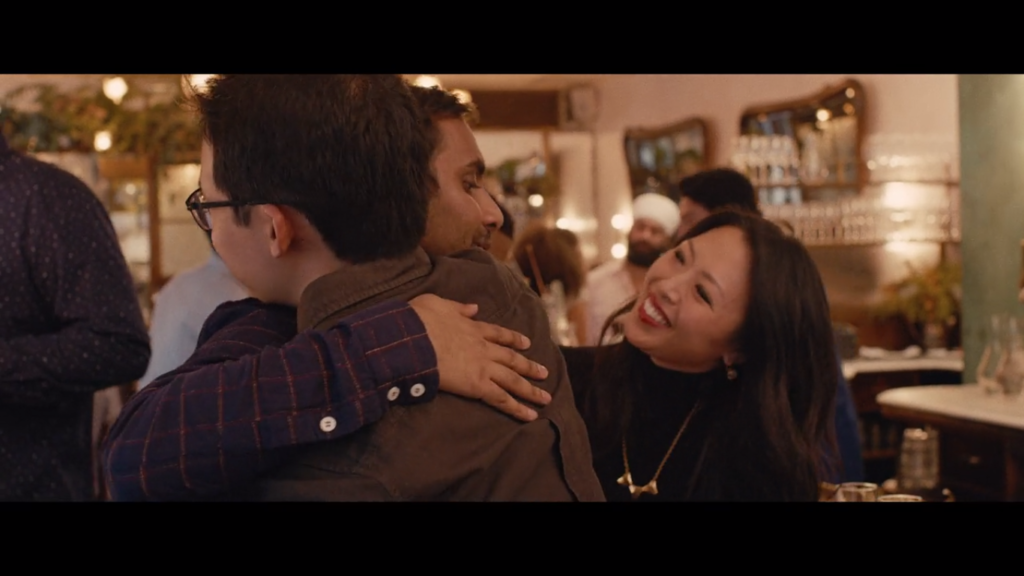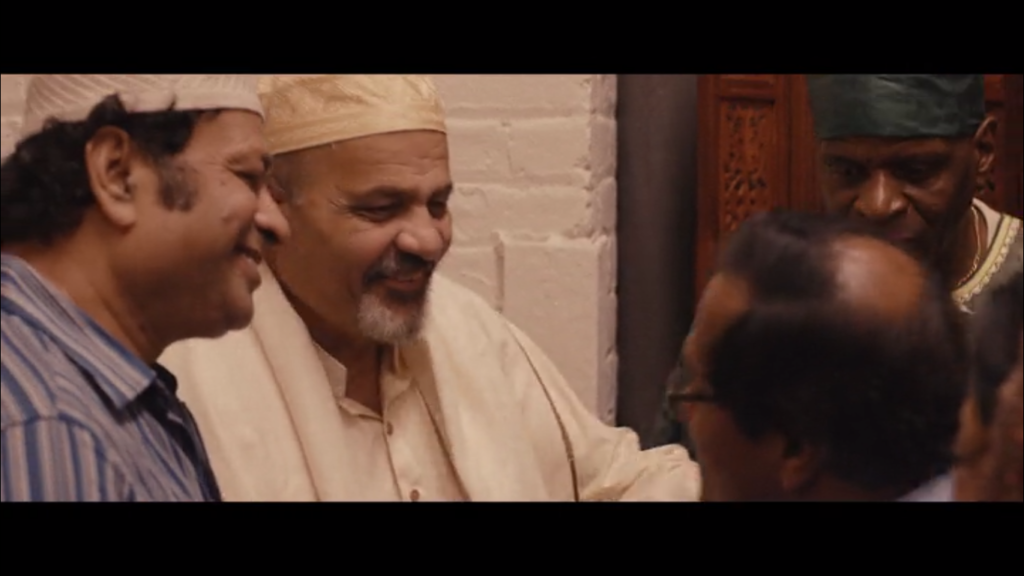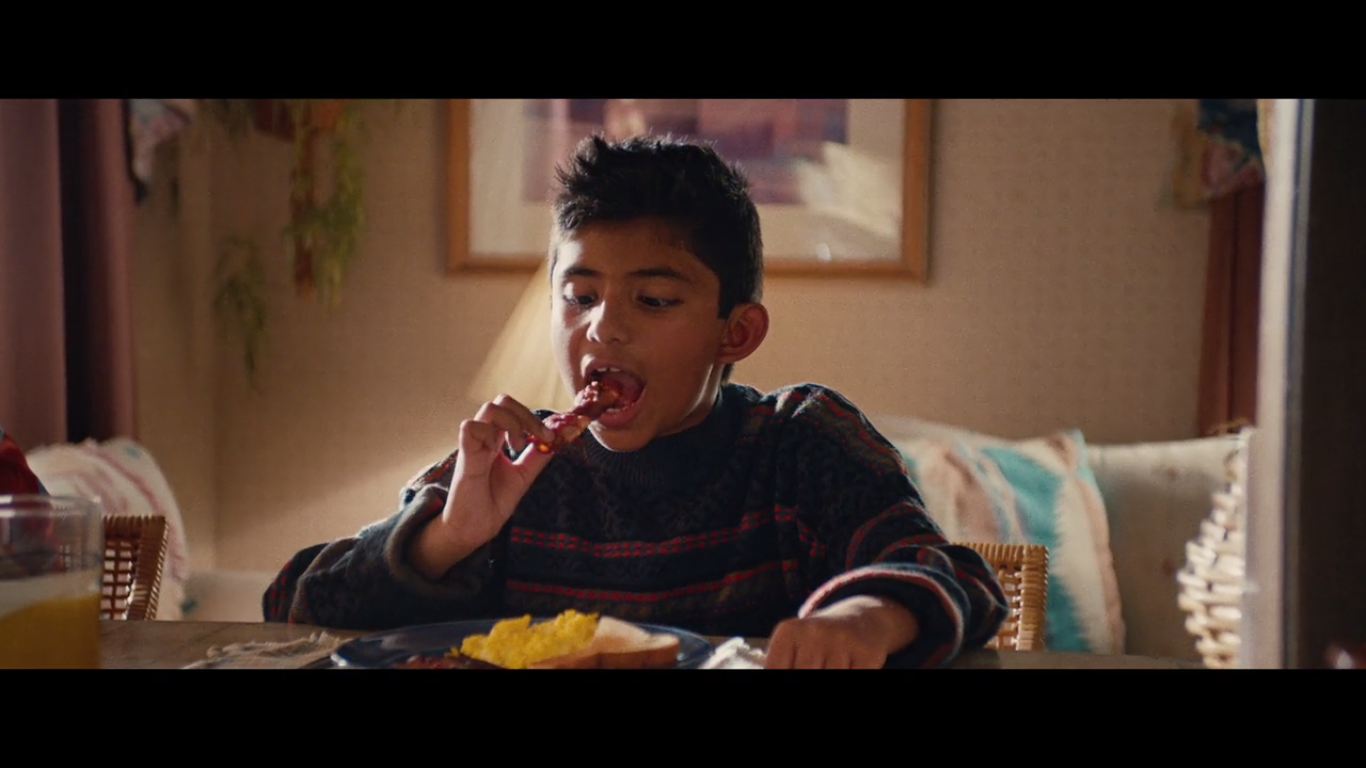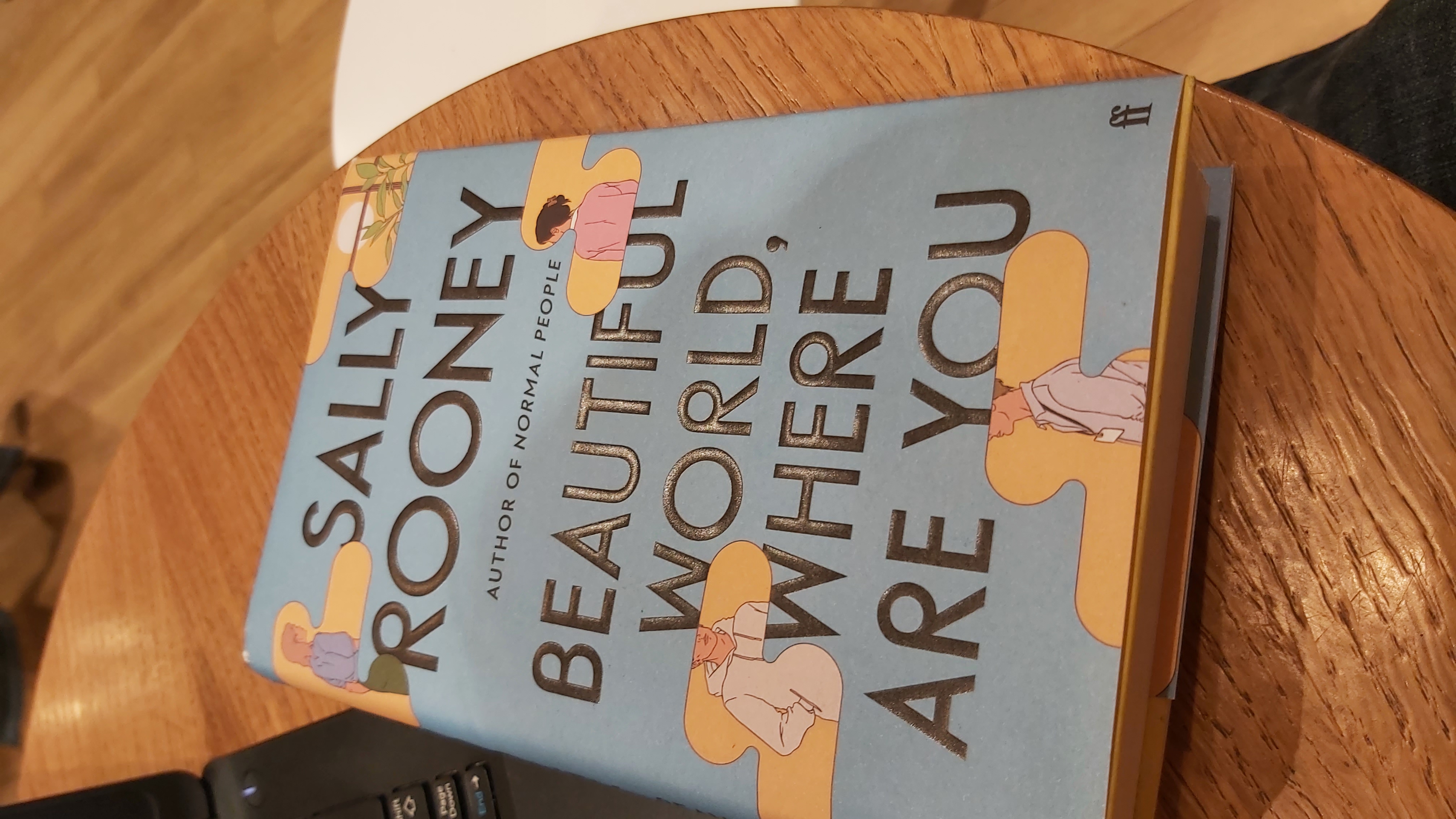If Master of None had added nothing else to the landscape of current television (and it most certainly has added a great many things to television), then its constant representation of marginalised groups across the board would still make it a uniquely powerful and important voice on television right now.
Part of the wide appeal of the show’s breakout first season was that it would frequently devote an entire episode to a group or an under-examined aspect of the human experience and let the episode revolve around the unique difficulties in that specific group’s life; particularly in the episodes ‘Parents’, ‘Indians on TV’ and ‘Ladies and Gentlemen’. These episodes showed the power of having a diverse writers’ room with a strong voice. Too often white writers and white audiences portray white (and usually male) experiences as being ‘universal’ without ever delving into the minority experience of a so-called ‘universal’ experience. The reality of white privilege means that one can get away with calling a white experience ‘universal’ and never have to do much in terms of explaining the term or digging past the white experience of a ‘universal’ sentiment. With an episode like ‘Religion’, Master of None attempts to show how certain aspects of the human experience are somewhat universal (e.g. kids will always and forever hate going to church, no matter what god the church is worshipping), whilst getting most of its plot from showcasing an aspect of this ‘universal’ experience that is very rarely focused upon.
Many mainstream western films and television programs have featured storylines about young protagonists lashing back against the religion of their elders, but how many of those stories have ever had that protagonist be a Muslim? I have watched plenty of stories featuring a young white Christian breaking the rules of their lifelong religion for the first time. I have never watched a scene like little Dev’s mind-blowing experience of eating pork for the first time set to 2Pac’s ‘Only God Can Judge Me’. And whilst the end point of the scene is the same as in a Christian example (i.e. the pull of the taboo is often stronger than the potential reward that religion can offer), seeing it from this perspective made the scene fresh and hilarious.
It’s hard to overstate just how important it is to have a major television series portray Islam in such a simple and positive way at this point in history. The writers make a smart choice to revolve the story around Dev’s love of pork and him tempting his cousin into becoming a pork fiend too. It keeps the episode fun and light-hearted whilst taking a real look at a specific section of Islam that affects young Muslims everywhere. To focus the episode on the teachings of the Quran or the rituals of the mosque wouldn’t have felt as natural an avenue for the program to travel in. The episode makes a point of showing that these are simply not relevant to Dev’s life (and, possibly, not to Aziz Ansari’s). Dev even tells his parents at one point that to him Islam is simply about “people calling [him] a terrorist and getting pulled out of airport lines”.
The Dev that we know is a foodie through and through; therefore the relevant aspects of Islam for him revolve around the restrictions on his favourite foods. Again, this is why real representation in a writer’s room is important. The inability to eat pork in front of strict family members feels like a real-life funny story that many Muslims can provide specific details of in a way that a group of white writers simply couldn’t know in such depth. There is also an acknowledgement in this episode that it is more difficult for a Muslim to ‘come out’ to their family about their secularity than it is for Christian kids in America (“Gotta keep up the facade; not like white kids telling their parents about fucking”, as Dev puts it).
As with season one’s ‘Parents’, the conflict of the episode rests on the generational divide between Dev’s and his parents’ generations. The cold open features families of all faiths generationally split between the parents who tell their kids they ‘have’ to go to church and the kids begging them to not have to go. We then get the scene of Dev eating bacon and unconsciously striking a blow against the organised religion that the rest of the youth of his generation are railing against.
As the characters grow older there seems to be an acceptance of religion from the younger generation, even if they are not as invested in it as their parents were. Denise goes to church sometimes (despite her homosexuality), Dev’s hindu-raised friend, Tanvi, acknowledges the need for compromise in life rather than outright rejecting her parents religion. Dev’s eventual outburst comes from the lack of compromise that his parents allow him whilst amongst family members. It isn’t enough for Dev to just be a good person and eat pork, as he tells his parents that it should be (and, tellingly, that they don’t particularly have an argument against). Rather, Dev’s dad goes so far as to tell his relatives that Dev is devout, prays five times a day, doesn’t drink, fasts for Ramadan and never eats pork.
The perspective of the episode keeps a middle ground within this debate. Dev understands why his parents are so disappointed in what he did and tries to make amends by reading a little of the Quran. Dev’s parents, meanwhile, acknowledge that their son is never going to be as devout as the two of them and allow him to live his truth in his own life, as long as he shows respect to their traditions when amongst family. As Tanvi said earlier: it’s all about compromise. It isn’t fair to Dev that he is briefly made to feel shame at his secular lifestyle, but similarly, his parents feel as though he was purposely humiliating them by showing them up in front of relatives. Dev’s dad tells him later that “it’s not about the pork, it’s not about religion; it’s about you ignoring us”. Dev’s parents aren’t completely pious themselves (as Dev points out when they are scolding him). All they ask is that he at least pretends to make an effort for them. The fact that Dev makes an effort to read the Quran and attempt to understand the faith a little more, even if he knows it isn’t going to stick, is enough.
The episode ends with a lovely scene showing the communal aspects of both sets of lifestyles. The scene cuts between Dev and his friends meeting at a bar and Dev’s parents meeting their friends after prayers at their mosque. Both groups hug, laugh and have a good time amongst themselves. Other than the alcohol in Dev’s group, it’s the same scenario. As Dev had stated earlier in the episode, he just wants to be a good person and have a good time. He is getting the same feeling of belonging and community from his lifestyle as his parents get from theirs. This is a simple episode with a simple ending. There isn’t any great change, or a huge amount of resolution, just acceptance and tolerance from groups of good people.


Unconnected Thoughts
I genuinely loved the cold open. Along with the excellent choice of the Tupac song, I also especially enjoyed the short performance of the kid playing Young Dev. His shocked delivery of, “I can’t eat it!? But it’s so good!” was a wonderful imitation of Ansari’s adult version of his character; a perfect delivery.



